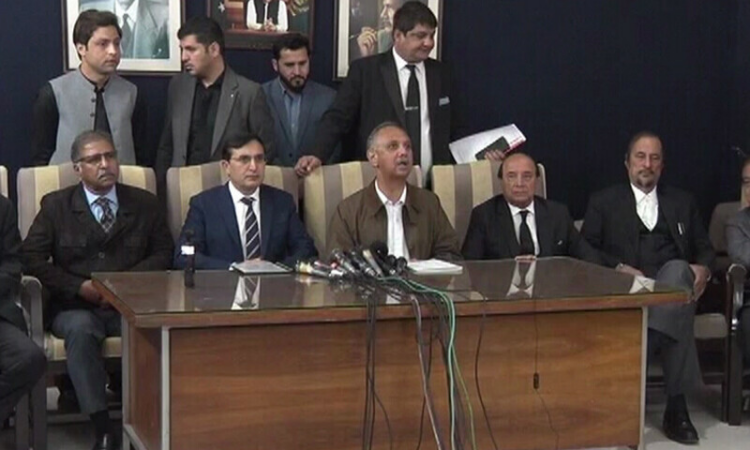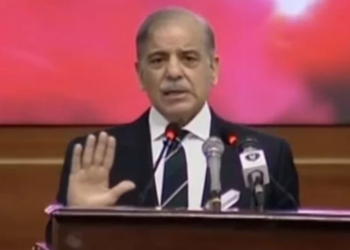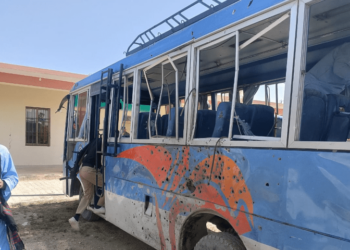Islamabad, February 21, 2025: A Pakistan Tehreek-e-Insaf (PTI) delegation met Chief Justice of Pakistan (CJP) Yahya Afridi on Friday, seeking redress for their legal and political concerns. The meeting, held at the Chief Justice House in Islamabad, focused on judicial reforms and the implementation of court orders.
The PTI delegation, including Omer Ayub, Barrister Gohar, Ali Zafar, Latif Khosa, Babar Awan, Shibli Faraz, and Salman Akram Raja, raised issues such as non-compliance with court rulings, political victimization, and alleged state brutality in Punjab. They also expressed concerns over missing persons and restrictions on legal access to PTI founder Imran Khan and his wife, Bushra Bibi.
Following the meeting, Opposition Leader Omer Ayub told the media that the CJP assured them their concerns would be addressed. Ayub highlighted that court orders were being ignored, cases against PTI leaders were delayed, and jail laws were being violated. He also criticized the failure to announce hearing dates for Imran Khan and Bushra Bibi’s cases and the denial of medical facilities to the PTI founder.
“The chief justice has referred Imran Khan’s letter on the May 9 and November 26 incidents to the constitutional bench,” Ayub stated. He also mentioned that PTI raised concerns about the situation in Balochistan, where eight districts are reportedly demanding independence.
PTI Chairman Barrister Gohar confirmed that the meeting took place on the CJP’s invitation and that Justice Afridi took notes on their concerns. He added, “The chief justice, as head of the judiciary, can take significant steps to ensure justice.”
Barrister Ali Zafar noted that the CJP requested written suggestions for judicial improvements. Babar Awan raised concerns over the lack of prison trials, while Salman Akram Raja discussed pending petitions and military courts.
The PTI delegation also opposed the 26th Constitutional Amendment and criticized the non-implementation of production orders. They emphasized that without adherence to the Constitution and rule of law, economic and political stability would remain elusive.








